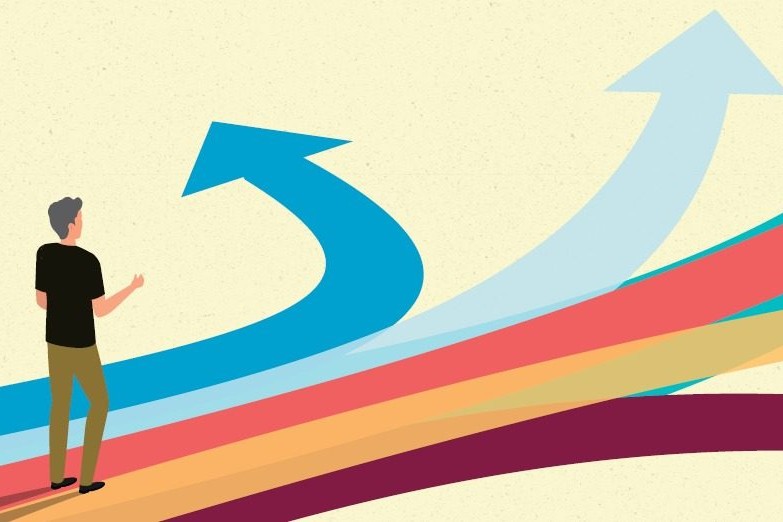First, identify the problem
Information gathering is a constant part of decision making and involves listening and seeing more than speaking and doing, Kerry Dwyer writes.

Information gathering is a constant part of decision making and involves listening and seeing more than speaking and doing, Kerry Dwyer writes.
In my work as a management consultant I endeavour to help farmers achieve better outcomes. Few farmers are formally trained in management, rather they tend to learn on the job and through experience. That can lead to a wide range of outcomes for any situation, some of which give results you can live with and some that can sink the ship.
Many farmers are owner operators, so might work alone and feel they answer to few others as regards the outcomes. Saving farmers from themselves can be problematic.
To get better outcomes we first look at what achieves action and outcomes (see diagram).
A lot of our actions are due to habit. If the habit is a good one then we may achieve a good outcome, but that is not always the case. Some of our action is due to reaction, which doesn’t involve much thought, just instant reaction. Again, some of the outcomes may be good but some may not be so good.
As a contemporary example we can look at the anti-vax brigade. Some people are anti-vax as a reaction. They don’t want to be told what to do, a reaction which they might fight to the death to defend. That doesn’t necessarily make sense to the other 95% of the population who have been vaccinated but it makes total sense to them.
The outcome, being proven around the world, is that the unvaccinated are far more likely to suffer dire consequences from infection but that doesn’t enter into their stance.
Some others are not vaccinated because their habit is to ignore much of what goes on around them, or they just don’t get things done.
Some of our actions are due to actively making decisions, which is a whole process of thought and action. There is a well-defined process to decision making with seven steps to it, Google it if you are interested.
I will not discuss the whole process here but know that good decision making using a formal process invariably leads to better outcomes. If you lock the process into your heads and systems it can also become a habit or reaction that leads to better outcomes.
So many times I have come across farmers who have had bad outcomes, some consistently, who have not made good decisions because they don’t really follow any process in decision-making.
Follow the process
The first step to formal decision-making is to identify the problem. That sounds easy but many times I have farmers tell me what they think their problem is. Further questioning and discussion finds that is not the problem. If you get this part wrong then you will have major issues.
For example, the anti-vaxers might state the problem to be the vaccine. Logic would state the problem is the disease itself and the vaccine is one of the alternatives that can be used to handle that problem. Spend enough time and thought to get the problem well-defined before moving forward.
The next step is to gather information relating to the defined problem. That step is the largest part of good decision-making. We will never get perfect information because we do not have knowledge of the future, only the past. Good managers in any business spend much of their time gathering information, either actively or inactively.
Information relating to the problem may not always be what you want to hear. The term “confirmation bias” has come into my vocabulary in the past two years, because anti-vaxers will search out what information confirms their stance and ignore the rest. How does that relate to any other actions, reactions, decisions or beliefs you have?
As a manager it is very easy to find only information that supports your beliefs, but does that lead to a good outcome? Good advice is not always comfortable to deal with but it is always good advice. I recently had a former client tell me he accepted that he was poor at staff management; I just nodded because I had been telling him that for 10 years.
Information gathering is a constant part of decision-making and involves listening and seeing more than speaking and doing. I like reading the newspaper every day because I get exposed to facts, ideas and opinions that may not seem relevant today, but might just be useful tomorrow. Google searching is far more focused and offers less range of information. The best decision-makers are sponges for information on a wide range of topics.
- Kerry Dwyer is a North Otago farm consultant and farmer.




